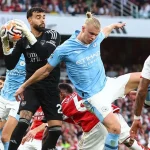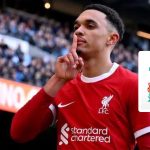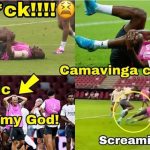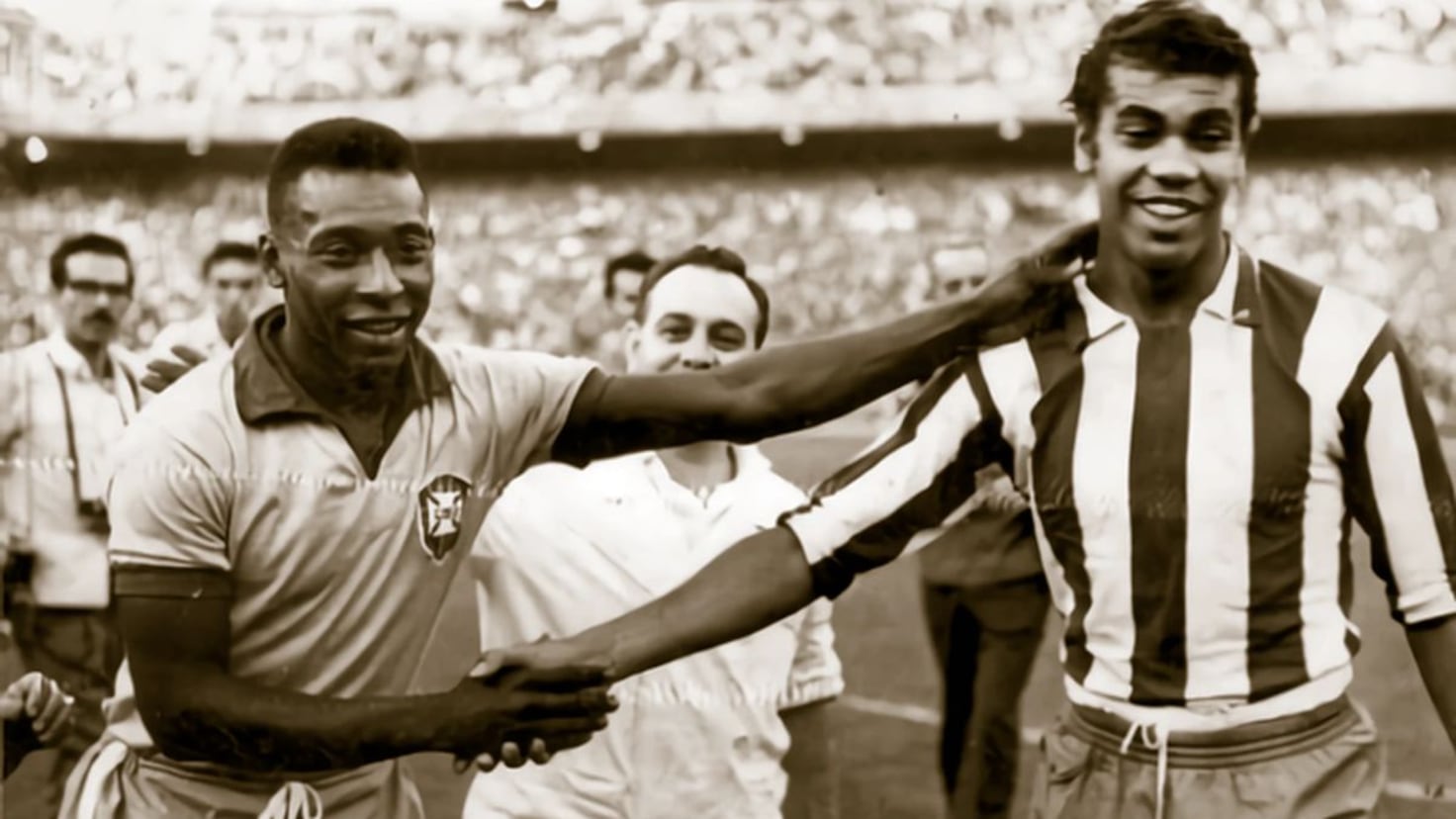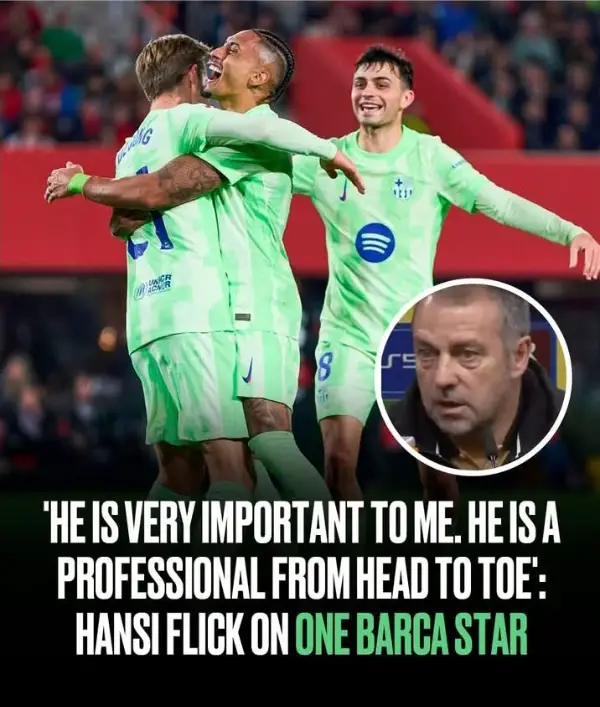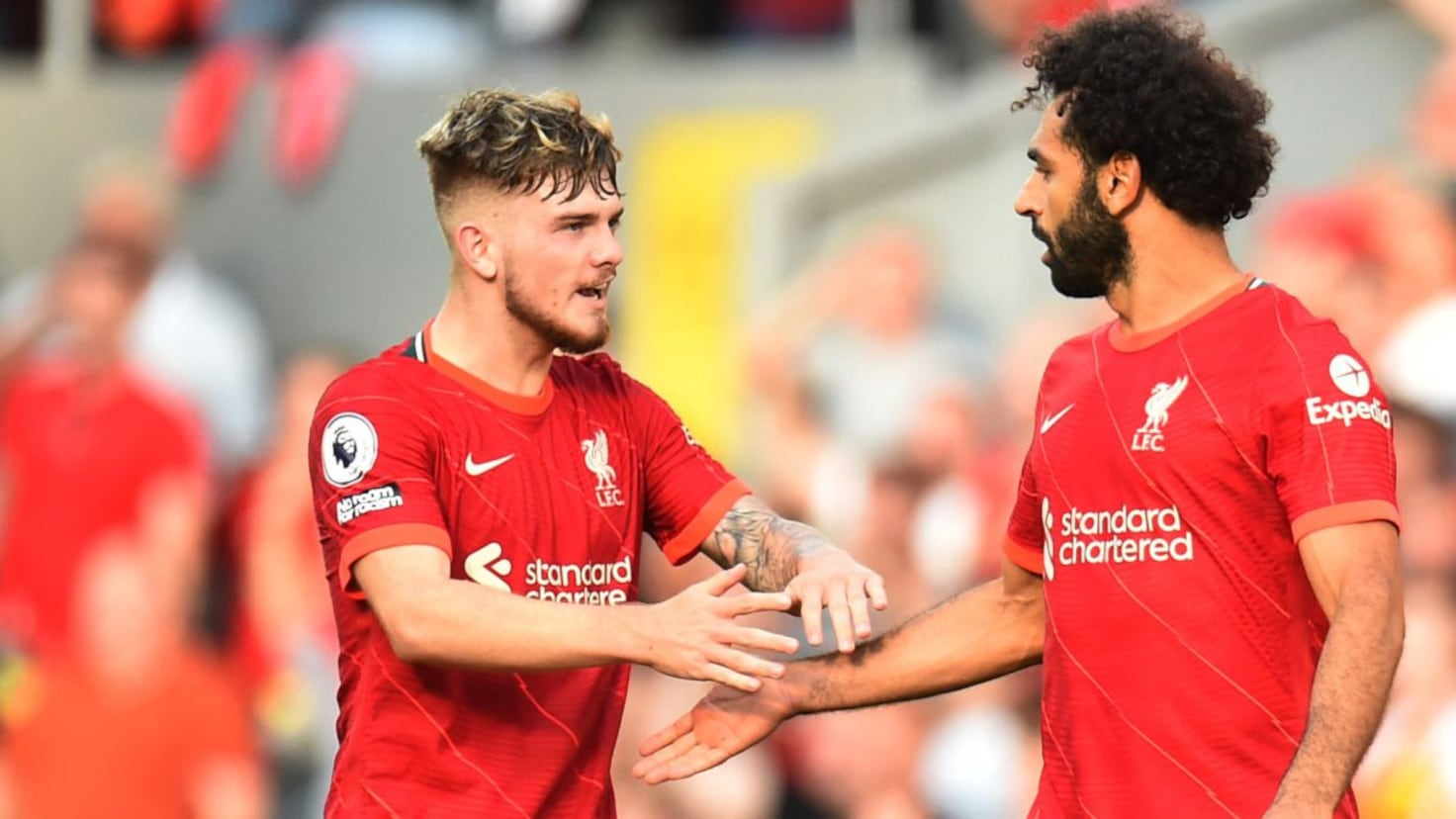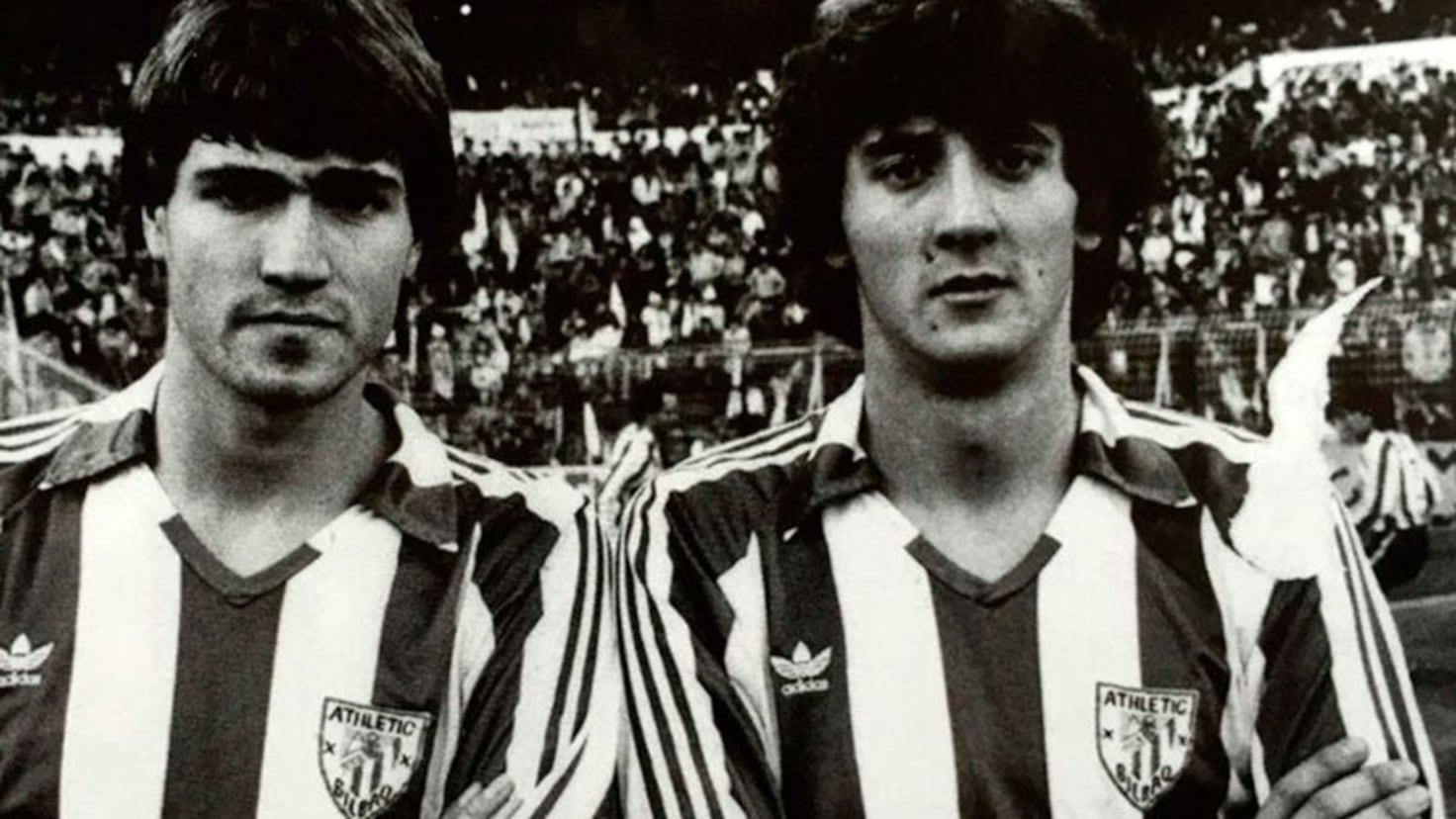Jorge Mendon was born in Luanda, where his father, who married an Angolan woman, had gone to work from Portugal to whose meteorological observatory. He excelled at Sporting Luanda, created by his own father, and from there he moved to Lisbon, and then to Braga. He arrived in Spain with his brother Fernando, hired by Depor at the very end of 57-58 to avoid a relegation to the Third Division that seemed inevitable. They saved him and those five games were enough for Atlأ، to sign him the same summer as Vavأ،, the brand new world champion in Sweden with Brazil. Mendonأ§a immediately made a place for itself. He was a forward of enormous class, with stature, stride and dribble. Years later Kluivert reminded me of his ways. He always played with a knee pad on his right, a vestige of a blow he hit against the edge of the bed as a child while escaping from his mother’s shoe, after a prank.
Nationalized in 1961, he was officially called Jorge Mendoza. Apart from not occupying a place, he was able to play in the Cup (then closed to foreigners), which he would win twice with Atlأ©tico, in addition to a League and a Cup Winners’ Cup. It was a glory to see him. One European night he scored such a goal against Dinamo Zagreb that the public of the old Metropolitano took to the field and lifted him on their shoulders, amid shouts of bullfighter, bullfighter…! So good was he that he was forgiven for the many weeks in which he was in rebellion (along with others, including Collar) to demand more money. It was then that Atlأ©tico had to ask Grosso on loan to Madrid, because they were in the relegation zone. Once again he disappeared in the middle of the season; Over time it was justified as a family trip to Braga about which a trail of ugly rumors remained.
In 66-67 he was 28 years old, Gأ،rate appeared, the club was in a hurry with the payments for the Manzanares stadium, which had just been opened, and Vicente Calderón, athletic president, received an offer from Barcelona for 12 million. Barça, on the other hand, had finally sold the land of the old Les Corts and what they had was a very weak team. I signed him for three years. He entered in April, with time to play in the Cup, which Barça would beat Madrid at the Bernabeu in the famous bottle final.
There, Mendoza became a Jehovah’s witness. Narcأs de Carreras, the president of the club (he had succeeded Llaudet, who was the one who signed him) found this intolerable. Partly influenced by the Archbishop of La Seu d’Urgell, with whom he was a close friend, he forbade the coach, Artigas, to field him. He even asked on his knees to allow it, but he was inflexible. So after a 67-68 in which he was undisputed, in 68-69 he only played seven games. Narcأs de Carreras reached an agreement with his friend Guillermo Ginard, president of the recently re-promoted Mallorca, and gave it to him for free. The reasons for his departure were not revealed at the time.
Already in Mallorca it was national news that he was a Jehovah’s Witness, who made visits to give away Bibles and sermons against violence. The stay was not happy for him: Ginard did not pay. Halfway through the season, Mallorca got rid of him in a bad way due to an injury. He left him owing 550,000 pesetas. With that you would then buy a flat in Madrid.
It was a time when footballers were defenseless against non-payments, they could not go to ordinary justice. The clubs did what they wanted. Mendoza filed a lawsuit that ended up in the Supreme Court and established jurisprudence by recognizing soccer players as employed workers. Mallorca continued without paying and after eight years, a court decreed the embargo or auction of the players’ chips. Auctioned as slaves, he was the common owner. Those events formed a first stone to build the AFE.
Afterwards he went to Normandy, where he studied sports medicine. From there he brought 7-a-side football to Spain, which we see children playing today. The embassy of Angola, already an independent country (and beset by internal war), hired him as a sports ambassador. First, he created a team of Angolan immigrants in Spain, which started regionally and wore the colors of Barça. But from there he jumped to the idea of creating an Emigration World Cup. He involved 20 embassies, obtained strong sponsorship from the Post Office and took the idea forward, which went well for seven editions, until serious incidents in a final killed that momentum.
He then went to Angola to improve the football base, but found only mistrust and corruption. Today he lives in Madrid calm and happy, active in the clubs as a member of the veterans group. He frequents the stadium, where his badge is one of the most respected. Every time I see Atleti play against Barcelona, I am reminded of them.

